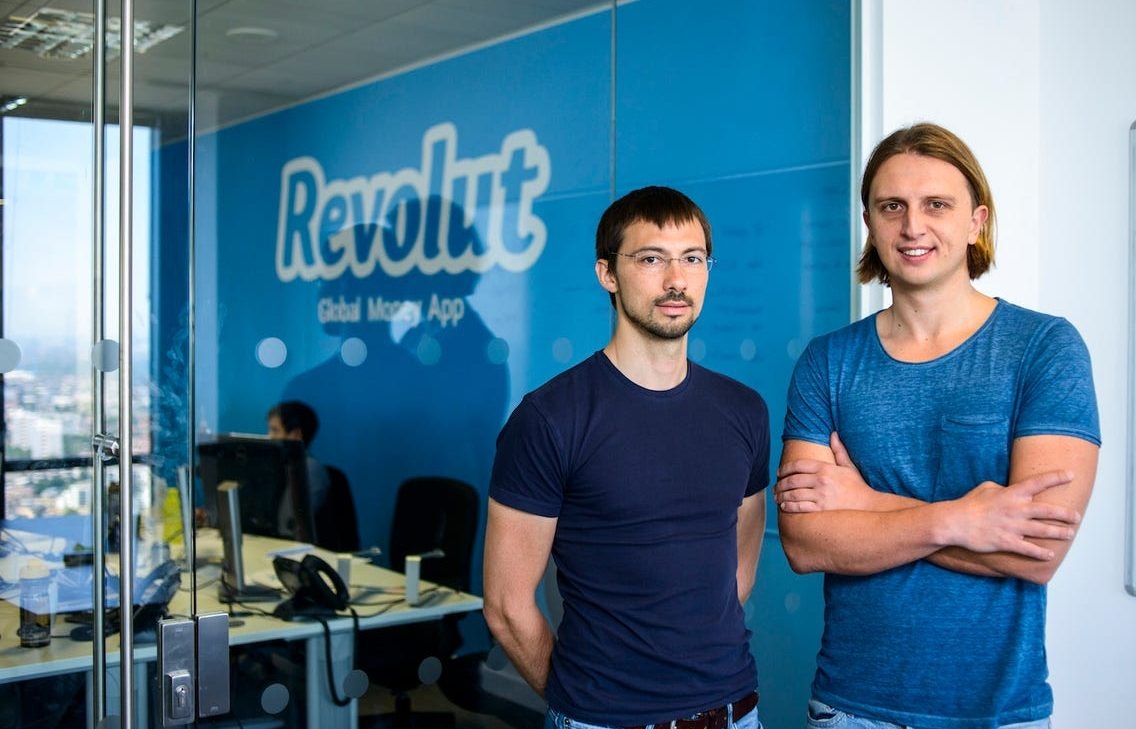Since the murder of George Floyd last year, companies have pledged an estimated $200bn to tackling racism. They’ve promised to do things like implement training, donate to charity or appoint a more diverse board.
But it’s not as simple as just making pledges, says Nii Cleland, the cofounder of London-based startup Flair.
“We felt that there were two main problems with those statements,” says Cleland. “There's no way sufficient research could have been done for them to know that those specific interventions were the right ones. And also, we felt that they didn't have metrics in place to actually know if the interventions were working once they were in place.”
Flair started life as a football startup, giving amateur football players metrics on their performance. But after the pandemic put a stop to matches for a while — and after seeing the racial justice pledges rolling in from companies — Cleland and his cofounder Darrell Coker changed tack.
They pivoted their analytics platform from measuring touches and shots to measuring racial bias.
Flair’s just raised a $1.8m seed round, led by Hoxton Ventures and supported by Samos Investments, and they’re working with an impressive roster of clients including the Premier League, the UK’s national rail network, parts of the NHS and over 60 British schools.
How it works
Flair starts by surveying everyone who works at an organisation. “It measures four main things,” explains Cleland. “Racial awareness, racial diversity, racist behaviour and racial inclusion barriers.”
The survey includes situational judgment tests — putting people in situations where they’re witnessing forms of racism, and seeing how they respond — as well as questions around whether their ethnicity has ever been a barrier in the workplace.
Based on the outcomes, Flair gives organisations a dashboard that visualises their performance and offers recommendations based on it.
“That can range from things like enacting active bystander training to quicker wins like encouraging people to include phonetic pronunciations of their names in their email signatures,” says Cleland.
Cleland says Flair typically has two types of clients: those who have a sense of the racial bias in their organisation and want data to back up their intuition, and then those who don’t think they are biased and are “pretty surprised” by the results.
A year on from when an organisation first does the survey, it’s redone and an algorithm measures progress on four measures: racial awareness, racial diversity, racist behaviour and racial inclusion barriers. Flair has just had some of its clients redo the survey after a year and says they can see marked differences.
“By far the most common feedback from participants is, ‘Thanks for letting me even participate in this, it's been an eye-opening thing for me to do and it's made me question my privileges',” Cleland says. “Some people also say it's given them an opportunity to vent.”
‘In healthcare, racial inequality can literally be a matter of life or death’
Flair is being used by over 75 clients, but there are sectors and industries that Cleland says the company would love to have more traction in.
“Healthcare is one where we’ve started to get traction but we want to get more. The healthcare industry is one where racial inequality can literally be a matter of life or death — as the pandemic has shown,” he says.
“Also the media, because it has a huge influence in society so it’s important that there's no racial bias there.” Cleland also lists the tech world and financial services as industries they want to get more adoption in.
Next stop, USA
Hoxton Ventures, the VC that’s just backed Flair, specialises in helping European companies go to the US. “It’s the epicentre for racial inequality,” says Cleland. “And we just think that it's a market that really needs our product.”
Flair’s aiming to go to America next year, then perhaps other Commonwealth countries, Cleland says, before going into the rest of Europe.
“To match our mission of building a world where all ethnicities can thrive, we really need to make sure our products are as global as possible.”


